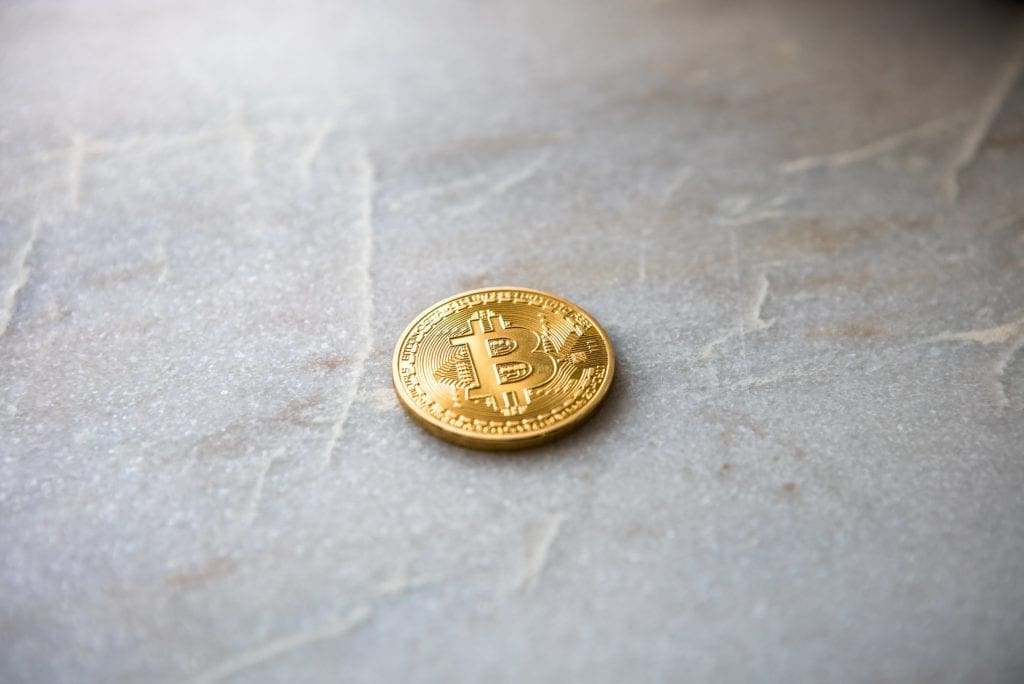Despite retiring from Congress, Dr. Ron Paul is still on top of political and economic affairs.
Above all, Paul has kept up with the latest developments in the cryptocurrency space.

In an interview with CNBC, Paul talked about some of the Federal Reserve’s policies, which he soundly criticized as he has done repeatedly in his multiple decades in Congress.
When asked about cryptocurrencies, Paul had this to say about them:
“I like crypto coins and Blockchain because I like the different currencies competing. I want to make as little regulation as possible. I don’t know exactly what happens to the cryptocurrency. But I think the underlying idea is very good.”
For those who have followed Dr. Paul over the years, his statements shouldn’t come as a shock. After all, Paul has been the staunchest defender of sound money during his time in Congress.
The former congressman understands how the Federal Reserve system has created the boom and bust cycles we currently see every decade. This is the result of the interest rate manipulations that the Fed conducts, which causes businesses to misallocate resources. This creates an illusory economy that eventually comes back to reality once the Fed-induced bubble pops.
In the same token, one of the more insidious aspects of the Fed is its ability to perpetuate the warfare and welfare state. Easy money allows politicians to print money out of thin air to finance their profligate spending ventures both domestically and abroad. Direct taxation is often unpopular and can be immediately felt by taxpayers. For that reason, central banking is an alternative that power-hungry politicians turn to.
Since the closing of the gold standard in the 1970s, America politicians have doubled down in their efforts to ratchet up spending. However, the introduction of cryptocurrencies like Bitcoin in 2009 has changed the way people think about money.
Although the space is still very young and the technology still has many questions to answer, cryptocurrencies like Bitcoin do raise questions about central banking and allow people to get hands-on experience with coins that naturally emerge on the market. That’s the beauty of crypto. People, not politicians nor bureaucrats, ultimately decide which currencies succeed and which fail.
Time will tell if cryptocurrencies will emerge as a viable alternative to the current monetary system. Nonetheless, these projects are welcome ventures in times when central banks have not curtailed their easy money policies and when welfare states around the world are on the verge of imploding.
Now more than ever, the world needs sound money. Government-enforced monetary standards are simply too risky and the temptation is too strong for politicians to use them as a means of advancing all sorts of government intrusions.
No matter how much demagogues try to spin their justifications for central banking, a free society is ultimately built on sound money.

























